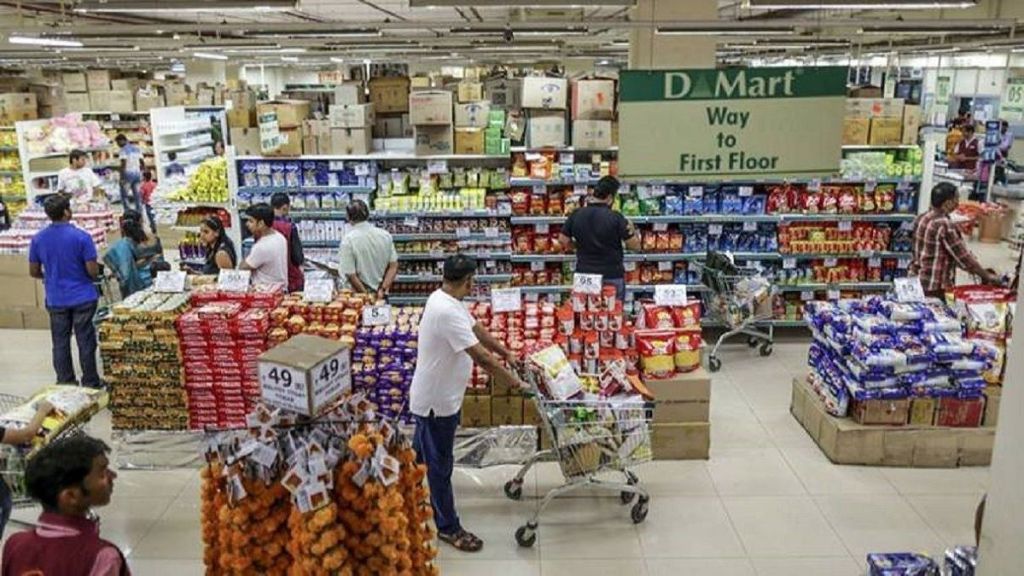DMart: Margin miss, slow recovery; Q3 sales lower than expected in fully normal & festive season
Avenue Supermarts, which runs DMart chain of hypermarkets in India Q3 revenue grew by 25% y-o-y. Within segments, FMCG/staples grew faster than the higher-margin general merchandise and apparel segment. Discretionary non-FMCG sales were below company’s expectations. Gross margin declined by 60bp to 14.3% while Ebitda was down 96bp y-o-y to 8.6% due to higher other expenses. Dmart added only four stores in Q3, taking the total store count to 306. The revenue/average square foot was still below the pre-COVID-19 as well as the 2018 level.
The root of the problem for both revenue growth and margin miss appears to be the same – slower pace of recovery in the higher-margin discretionary non-FMCG segment, which stubbornly has remained lacklustre. This has not only led to revenue throughput being still below pre-COVID-19 levels, despite the fact that Q3 was a fully normal quarter, but also is the reason for the lower gross margin overall. Key question is: whether the discretionary assortment has lost relevance and Dmart needs to revisit its assortment strategy.
According to HSBC, the problem doesn’t seem to be driven just by a poor demand environment. The pace of network rollout also has decelerated, which, along with lacklustre revenue throughput, puts a question mark on the sustainable valuation multiples that Dmart can command.
Q3 sales were lower than expected in a fully normal and festive quarter and it is a sensitive lever for DMart’s overall valuation. With only 4 new stores in Q3 (22 in 9M FY23), the pace of network expansion, another driver of sustainable revenue growth, appears to be also falling short. We estimate that DMart’s share price implies a long-term earnings CAGR (20 years) of c14-15%, which will be difficult to achieve without an aggressive network rollout, in our view.
Dmart has a formidable business model and the growth opportunity is also large, but it needs an aggressive growth strategy to justify the valuation level it commands. We adjust our estimates post the 3Q results, resulting in a lower target price of Rs 4,350.


